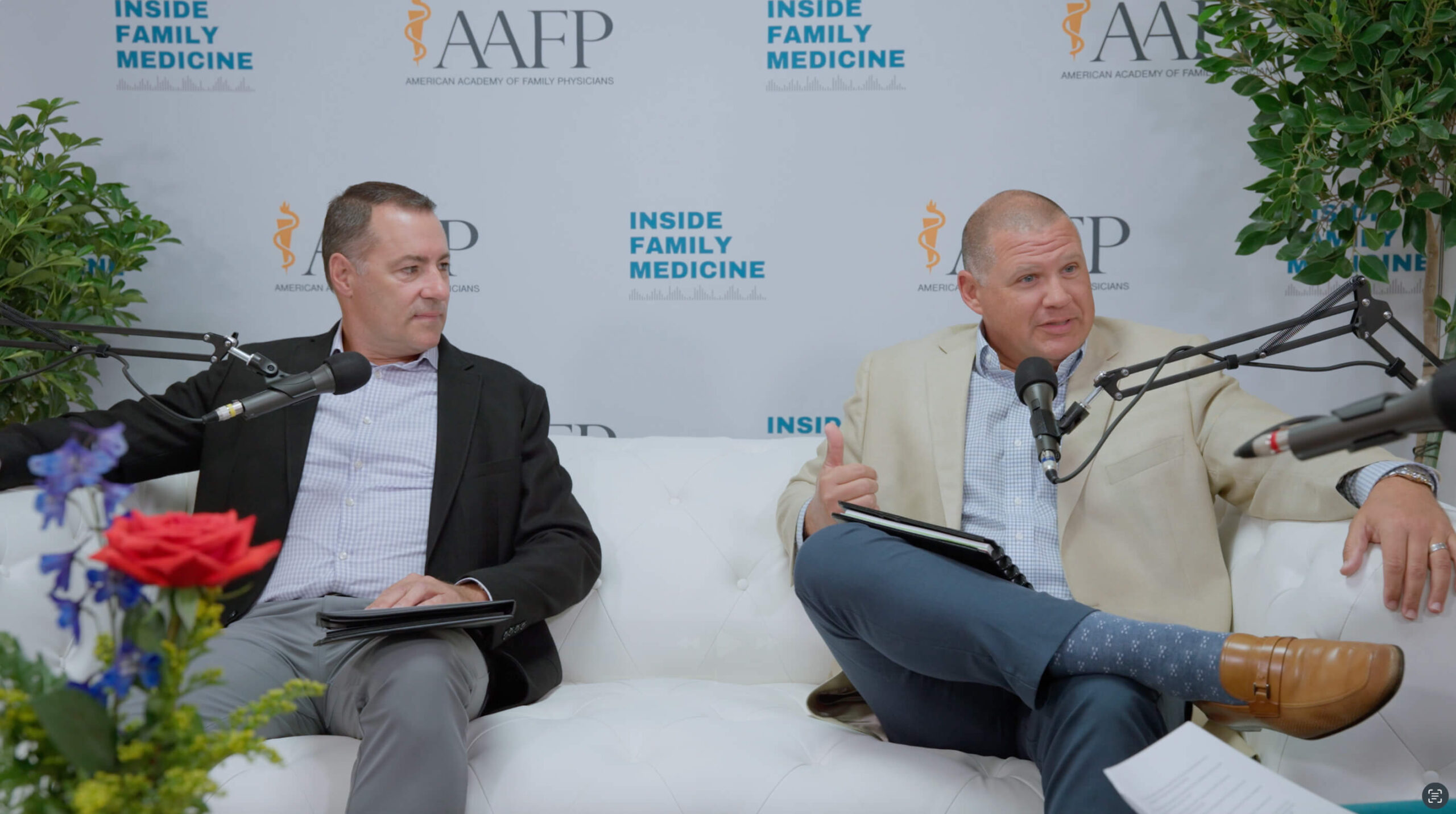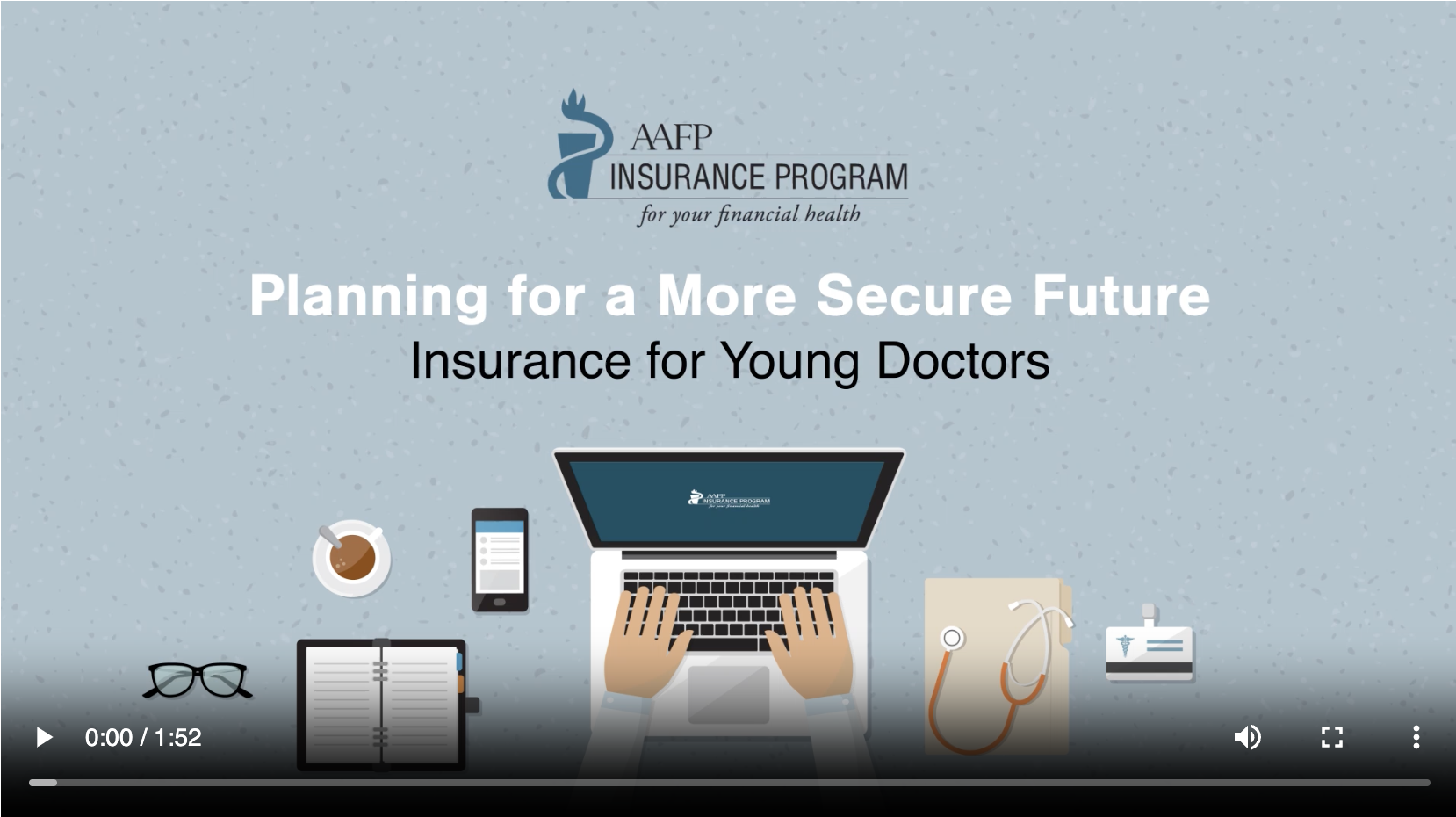 What if an accident or illness prevented you from practicing medicine for six months or longer? Would your most important asset be protected?
What if an accident or illness prevented you from practicing medicine for six months or longer? Would your most important asset be protected?
That asset, of course, is your earning power. And whether it’s protected or not depends on the choices you make when buying disability insurance.
There are several considerations when buying disability insurance that can make a difference to your ability to protect both your future earnings and the investment you’ve already made in yourself. Mistakes you should avoid include the following:
- Not taking advantage of the low rates and discounts available when you’re young
- Not buying enough disability to ensure you have both fully covered your needs and kept enough to continue contributing to your retirement
But the biggest mistake you can make with disability insurance is relying on an employer group disability policy to meet all your needs.
Group policies offered through your employer have a role in your financial planning—especially if someone else is paying for your benefits. But you can’t expect a low-cost, no-questions-asked, no-exam policy to perform as well as an individual policy that’s underwritten based on your age, health and other risks.
Don’t make the mistake of relying on a less-expensive employer group policy. The only reason to do that is if you are ineligible for an individual policy due to a medical condition or risky hobby.
A hospital or employer group disability policy:
- Typically covers only a portion (roughly half) of your lost income.
- Does not move with you should you change jobs, go into private practice or affiliate with a different hospital.
- Limits your ability to fight claim denials.
- The benefit you receive is taxable if your employer pays the premium.
That said, an employer group policy can be a tempting option because it is less expensive. It can be enticing to young doctors. They should, however, be locking in their best fixed rates on individual policies in their early years. Many insurance companies offer deeply discounted rates for young doctors in training as an intern, resident or fellow. That’s an opportunity that won’t come again.
Employer Group Policies are often not True Own-Occupation
The definition of disability can make the difference between collecting disability and having to take a job in research or at a medical school to cover your bills.
Ideally, disability insurance should cover your earnings in the case of an illness or disability that prevents you from performing the exact work you are doing now. Having an individual policy with an own-occupation or specialty-specific definition of disability means that you’re eligible to draw disability if you’re a surgeon, hurt your hands, and are unable to perform surgery.
Employer Group policies, on the other hand, often have stricter, more limiting definitions of total disability. Another capacity—even if it is not in medicine—your disability won’t kick in, and you’ll have to take another job.
Group Policies Don’t Have the Riders You Need
Riders are an essential aspect of any disability policy as they typically lock in protections, options and payouts that you may need to exercise in the future. The problem is, the three most critical riders are not available with an employer group policy.
Instead, it would be best if you had an individual disability policy with:
- Cost of Living Allowance Rider: This rider ensures that your payout will increase with inflation once you start receiving your payments. This rider is critical if you’re a young physician just starting your career and are carrying heavy student loans.
- Future Purchase Option Rider: If you’re a young doctor or serving in the military, you’ll want the option to buy additional disability insurance, regardless of your health, medical history or high-risk hobbies.
- Partial/Residual Disability Rider: Once you’ve started to recover, you may be able to return to work part-time or with limited duties. If you won’t be earning 100% of your income, this rider helps make up the difference by continuing to provide a percentage of your disability payment. The duration depends on the options you choose.
Disability insurance is an integral part of your financial planning. Just don’t make the mistake of thinking an employer group policy will give you the asset protection you need.
And here’s one more piece of advice: Once you get your individual policy and have the best rates locked in, don’t risk letting it lapse. Premiums only become increasingly expensive and qualifying more difficult over time. To make it easy, schedule your payments for auto-pay.




